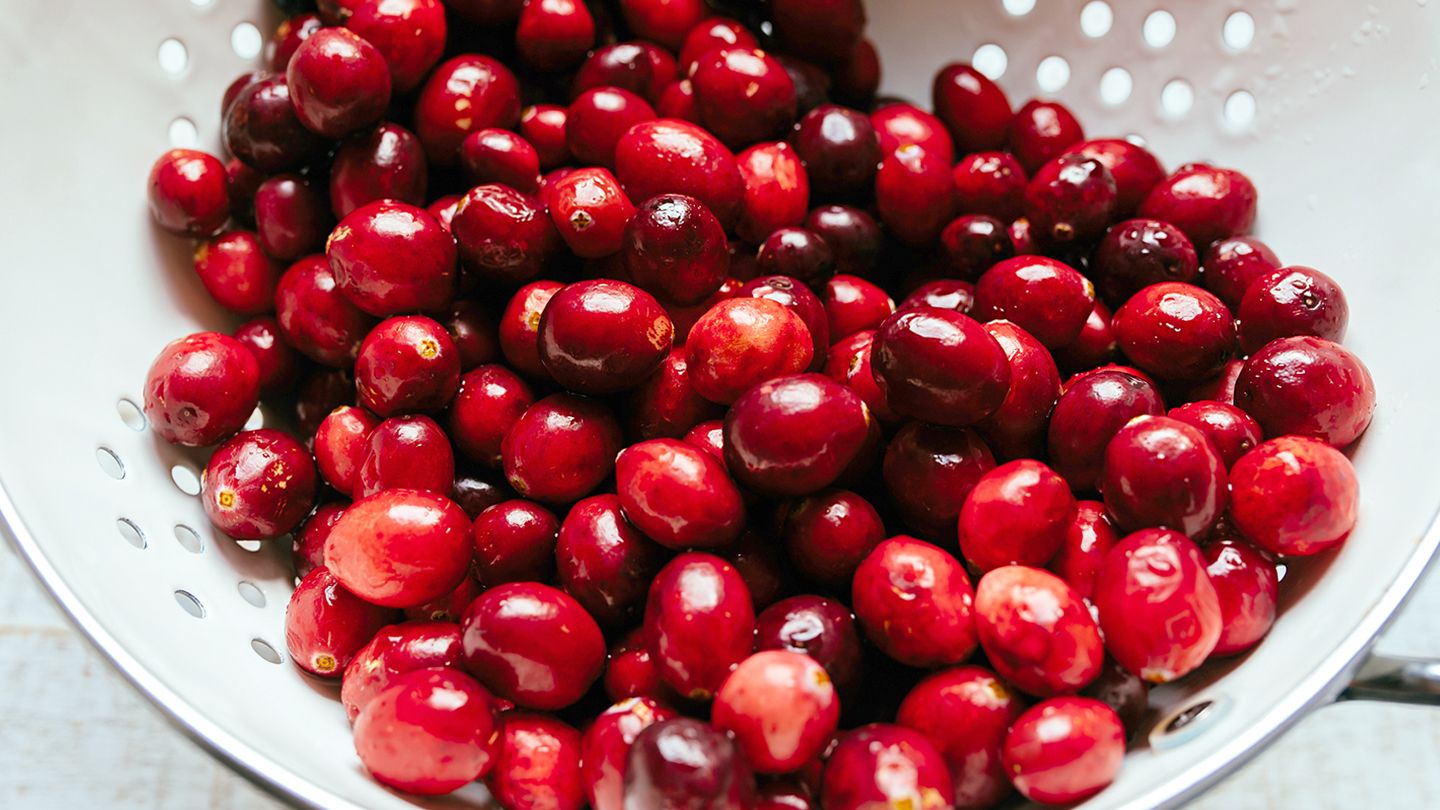
Cranberries 101: Nutrition Facts and Health Benefits
Cranberries are small, tart berries that are native to North America and are well-known for their vibrant red color. These berries are not only delicious but also packed with essential nutrients and offer numerous health benefits. In this comprehensive guide, we will explore the nutrition facts of cranberries and delve into their potential health benefits.
Nutrition Facts of Cranberries:
Cranberries are a low-calorie fruit that is rich in vitamins, minerals, and antioxidants. Here is a breakdown of the key nutrients found in cranberries:
- Vitamins: Cranberries are an excellent source of vitamins C, E, and K. Vitamin C is a powerful antioxidant that helps boost the immune system and protect the body against oxidative stress. Vitamin E plays a vital role in maintaining healthy skin and protecting against cell damage. Vitamin K is essential for blood clotting and bone health.
- Minerals: Cranberries contain minerals such as manganese and copper. Manganese is important for the metabolism of carbohydrates, proteins, and cholesterol. Copper is involved in the formation of red blood cells and plays a role in the maintenance of connective tissues.
- Fiber: Cranberries are high in dietary fiber, particularly soluble fiber. Fiber is essential for maintaining a healthy digestive system, regulating blood sugar levels, and promoting satiety.
- Antioxidants: Cranberries are renowned for their high antioxidant content. They contain a diverse range of antioxidants, including anthocyanins, proanthocyanidins, and flavonoids. These antioxidants help protect the body against free radicals, reduce inflammation, and contribute to overall health.
Health Benefits of Cranberries:
- Urinary Tract Health: Cranberries are perhaps most famous for their role in promoting urinary tract health. They contain compounds called proanthocyanidins, which can help prevent the adhesion of bacteria, particularly E. coli, to the urinary tract walls. This action may reduce the risk of urinary tract infections (UTIs) and support bladder health.
- Heart Health: The antioxidants present in cranberries have been associated with various cardiovascular benefits. Regular consumption of cranberries has been linked to reduced blood pressure, improved cholesterol levels, and enhanced overall heart health. The anti-inflammatory properties of cranberries may also help reduce the risk of heart disease.
- Digestive Health: The high fiber content of cranberries promotes healthy digestion by regulating bowel movements and preventing constipation. Additionally, the antioxidants in cranberries have been shown to have anti-inflammatory effects on the digestive system, potentially reducing the risk of gastrointestinal disorders.
- Oral Health: Cranberries may contribute to oral health by preventing the adhesion of certain bacteria, including those responsible for tooth decay and gum disease. The antioxidants present in cranberries may help protect against oral infections and promote healthier teeth and gums.
- Anticancer Potential: Some studies suggest that cranberries may possess anticancer properties. The antioxidants and other bioactive compounds found in cranberries have been shown to inhibit the growth of various cancer cells, including those associated with breast, prostate, colon, and lung cancers. However, more research is needed to fully understand the extent of cranberries’ anticancer potential.
Incorporating Cranberries into Your Diet:
There are numerous ways to enjoy the taste and health benefits of cranberries. Here are some ideas for incorporating cranberries into your diet:
- Fresh Cranberries: Enjoy raw cranberries as a snack or use them in salads, smoothies, or homemade trail mixes. Keep in mind that cranberries have a tart taste, so you might want to pair them with sweeter fruits or add a natural sweetener.
- Cranberry Juice: Opt for 100% pure cranberry juice without added sugars or artificial sweeteners. Mix it with water or other fruit juices for a refreshing beverage. However, be mindful of portion sizes, as cranberry juice can be high in natural sugars.
- Dried Cranberries: Dried cranberries can be added to baked goods, oatmeal, yogurt, or trail mixes. Look for unsweetened or lightly sweetened varieties to minimize added sugars.
- Cranberry Sauce: Make your own cranberry sauce using fresh cranberries, or choose store-bought options with minimal added sugars. Cranberry sauce pairs well with turkey, chicken, and other savory dishes.
- Cranberry Supplements: Cranberry supplements, available in various forms such as capsules or tablets, can be an alternative for those who find it difficult to incorporate cranberries into their diet. However, it’s always best to consult with a healthcare professional before starting any new supplement regimen.
- It’s important to note that cranberries may interact with certain medications, such as blood thinners. If you have any underlying medical conditions or concerns, consult with your healthcare provider before making significant changes to your diet or incorporating cranberry products.
- In conclusion, cranberries are a highly nutritious fruit that offer a range of health benefits. From their rich antioxidant content to their potential role in promoting urinary tract health and supporting heart health, cranberries are a valuable addition to a well-balanced diet. Explore different ways to enjoy cranberries and reap the rewards of their vibrant flavor and nutritional goodness.
Latest posts by Monika Wasserman (see all)
- Comprehensive Review of Top CBD Products By Dankstop - September 25, 2024
- Butter 101: Nutrition Facts and Health Benefits - July 13, 2023
- Cranberries 101: Nutrition Facts and Health Benefits - July 13, 2023

